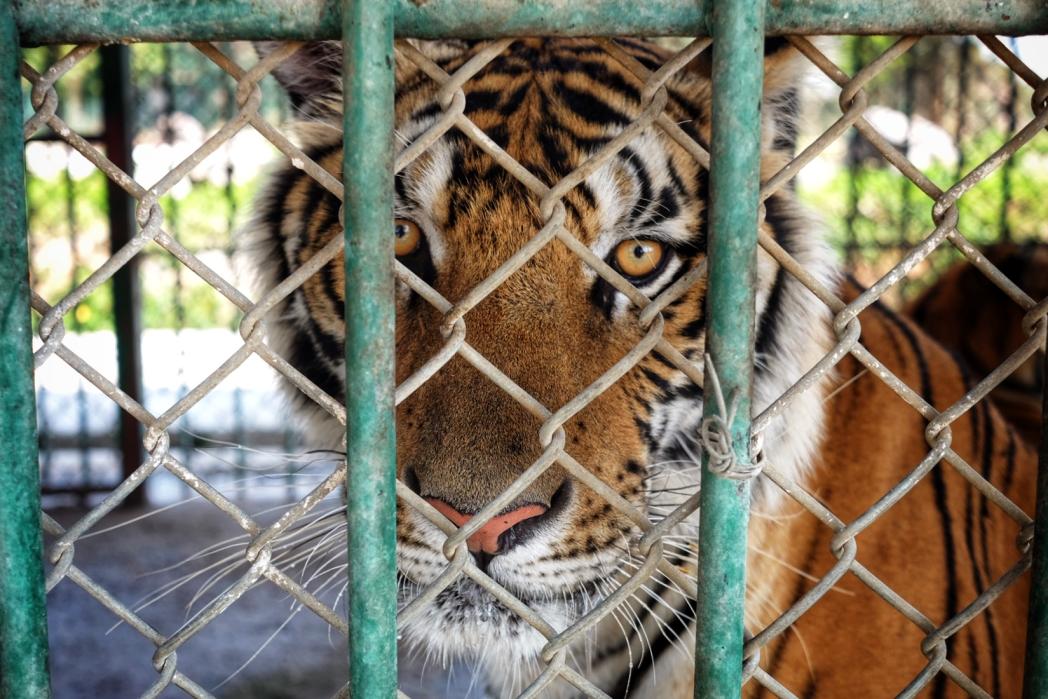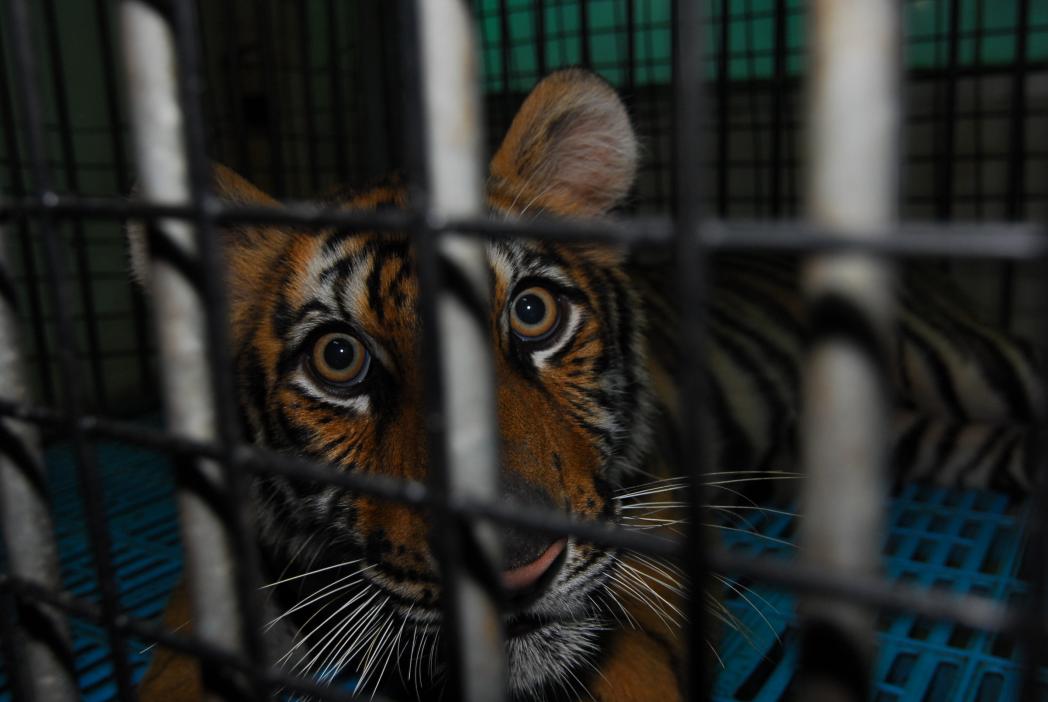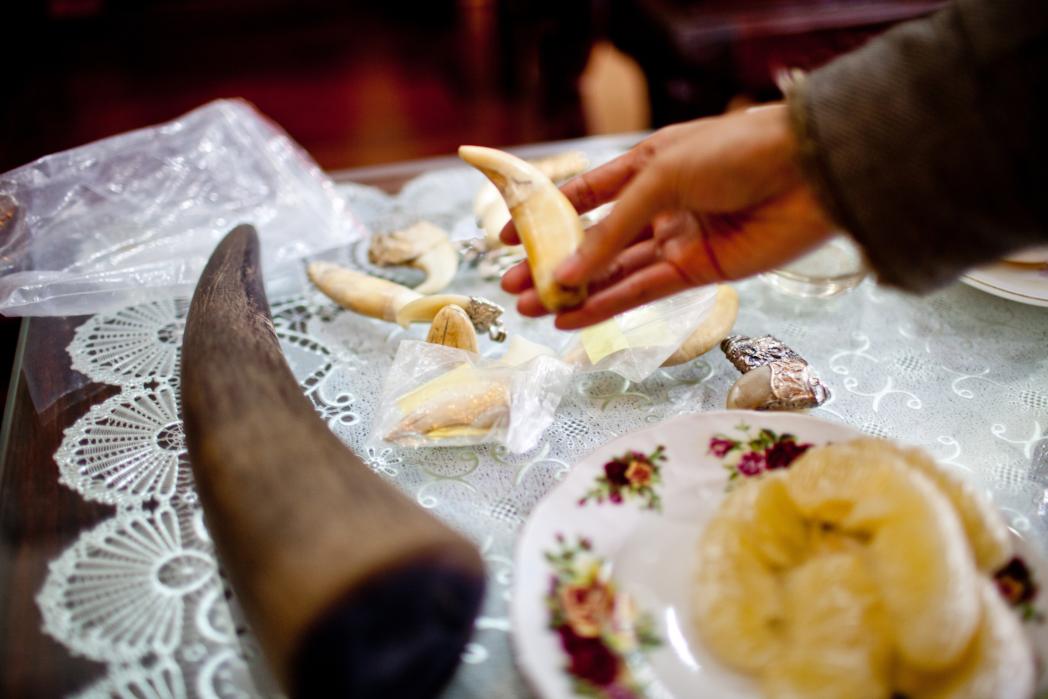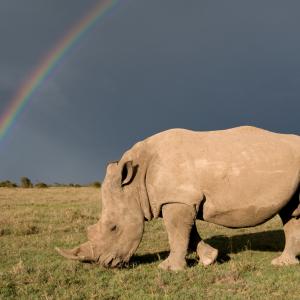***
UPDATE 12/11/2018
As of 12th November 2018, China are postponing the reversal of the ban.
As China plays a crucial role in tackling the illegal wildlife trade, this is fantastic news. Relaxing the trade ban could have devastating impacts on our wild tiger and rhino populations, so this is one step in the right direction.
***
In the same week that we release our Living Planet Report, showing that wildlife populations have declined by over 50 percent in less than 50 years, we also have to express our concern over China’s announcement to legalise the use of tiger bone and rhino horn from captive bred animals in hospitals, as well as a domestic trade in antique tiger and rhino products.
China banned domestic trade in tiger bone and rhino horn in 1993 and this ban has been critical in conserving these iconic species. The announcement of a resumption of a legal market for these animal products is a huge setback for the enormous efforts that have been made during the last 25 years to protect these animals in the wild.

The newly announced legalisation means that tiger bone and rhino horn would be allowed to be used in hospitals if the animals have been bred in captivity. The new regulation will also permit trade of antique tiger and rhino horn products. This decision seems to contradict the leadership that China has shown recently in tackling the illegal wildlife trade, including the closure of their domestic ivory market, a game changer for elephants warmly welcomed by the global community.
Legalising this trade could provide a cover for the illegal trade in tiger products and rhino horn, as well as possibly stimulating a demand that had otherwise declined since the ban was put in place. Even if restricted to antiques and hospitals, this trade would increase confusion by consumers and law enforcers as to which products are and are not legal, and would likely expand the markets for other tiger and rhino products.

Wild tigers and rhinos currently face numerous threats, including being poached for the illegal wildlife trade, and this legalised trade in China is too big a risk to take.
We’re urgently calling on China to maintain the ban on tiger bone and rhino horn trade, which should be expanded to cover trade in all tiger parts and products. We’re also calling on China to set a clear plan and timeline to close existing captive tiger breeding facilities used for commercial purposes. Such tiger farms pose a high risk to wild tiger conservation by complicating enforcement and increasing demand in tiger products.

Find out how you can help our vital work to save your world.
 Join WWF as a member and protect our oceans
Join WWF as a member and protect our oceans
 Stopping the Illegal Wildlife Trade
Stopping the Illegal Wildlife Trade
 Here are our top 10 facts about rhinos
Here are our top 10 facts about rhinos